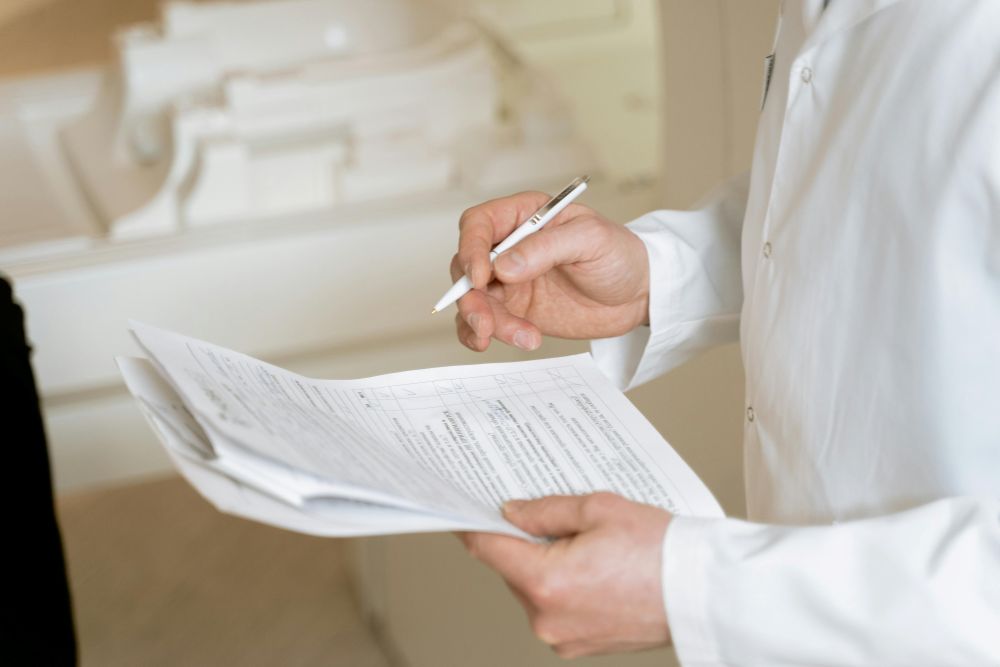These cases often include claims of negligence, the responsibility of the product, and even a violation of the warranty when the food is offered.
You trust your favorite restaurant to offer delicious food, but what happens when this confidence breaks down and someone gets sick or has an allergic reaction? The restaurant is legally responsible for the following food safety standards, and when they do not do so, the consequences may be severe, even for some people.
What do the restaurants need to do legally?
The restaurant should follow both the local health code and the federal food code. They need:
- Store food at a safe temperature
- Stop cross pollution
- Train staff in safe food handling
- Keep a clean, sanitary environment
In violation of these rules not only invites health inspection and fines – if a user is harmed, it can also be legalized.
Usually food safety failure that leads to legal action
The restaurant may be legally held responsible for food -causing diseases:
- Incorrect control of the temperature: Bacteria such as e -coli and salmonella allow bacteria to grow if food is left in the risk zone of 40 ° F and 140 ° F.
- Cross -pollution: From raw meat, dirty luggage, allergies, or unusual surfaces, they can result in severe illness.
- Non -declared allergies: Failure to display common allergens such as nuts, dairy, or gluten may be fatal to sensitive users
- Poor employee hygiene: Affected staff can spread the noro virus, hepatitis A, or other pathogens
Who is responsible when something goes wrong?
Depending on the case, any of the following parties may be legally held responsible:
- Owner or operator of a restaurant
- Food suppliers or distributors
- Employees who violated the policy
- Corporate chains for insufficient training or monitoring
When a restaurant causes damage through unsafe food, several legal views may apply:
- Neglect: Failed to use reasonable care in food preparation and handling
- Strict responsibility: Regardless of, holding restaurants responsible for “defective” food service
- Violating the warranty: When food is incapable for consumption and violates the safety promise of safety
What can you do as a user to stay safe?
Consumers can take steps to protect themselves when eating:
- Check online for recent results of health inspection
- Found up on negative reviews that mention the disease
- If you have dietary restrictions, ask about allergies and food preparations
If you get sick after eating:

- Get medical help immediately
- Report the incident to your Local Department of Health
- Keep your food receipts and photos
- Talk to Food Safety Attorney about your rights
The outbreak of real -life restaurant and legalization
As a result of the spread of food -causing diseases, major legal action has been reported throughout the United States.
- The Chapotal Mexican Girl has suffered several cases after being affected by E. coli, Norwires and Salmonella. The brand paid millions of settlements and fines.
- In 2023, the outbreak of the Wendy resulted in dozens of e -coli infections. The victims alleged that the chain was alleged to have failed to handle the letter properly.
- Small chains and local organizations are also cited as usual health code violations, resulting in severe illness – but often fly down the public radar until no legal action is taken.
These cases often include claims of negligence, the responsibility of the product, and even a violation of the warranty when the food is offered.
